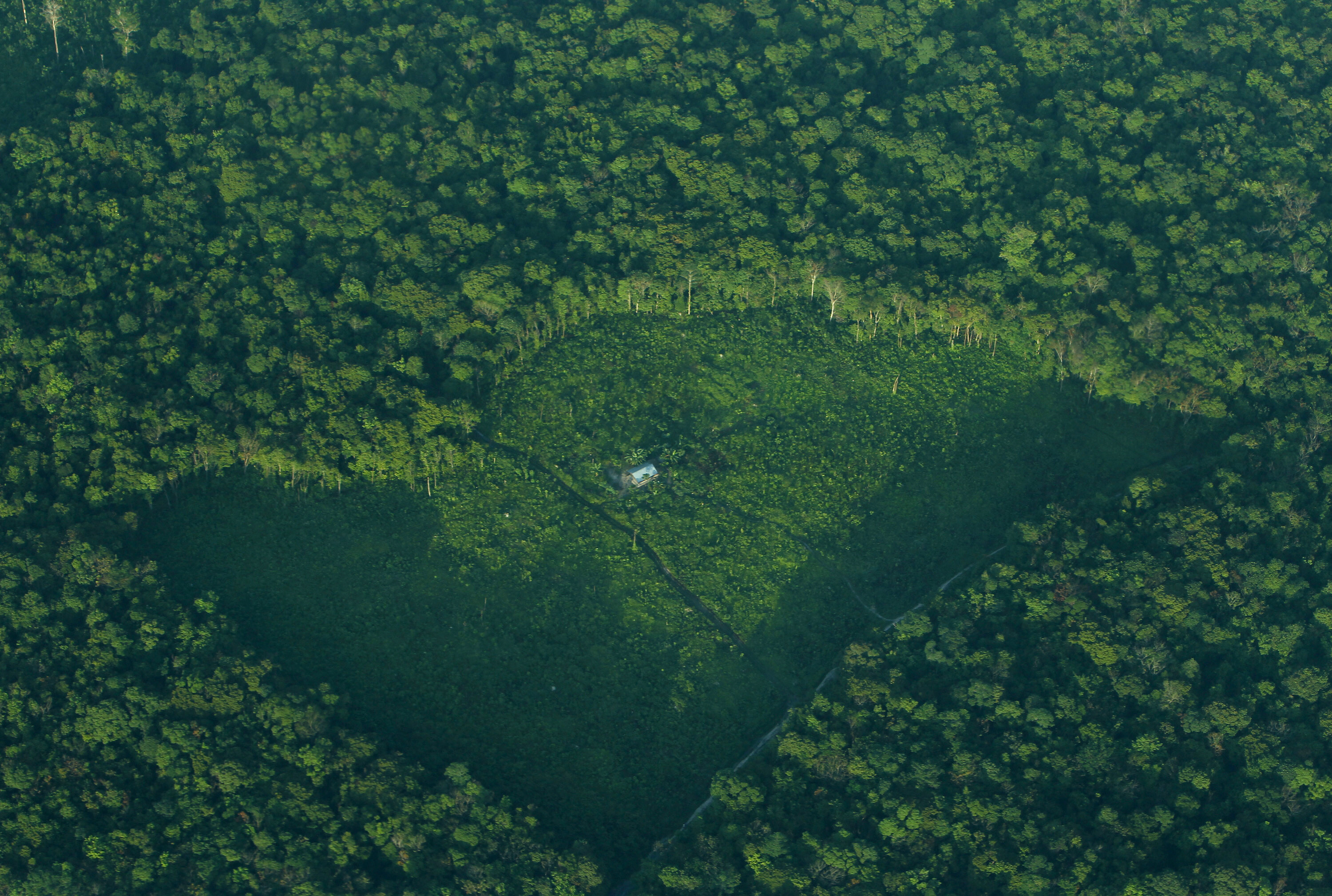Can vaccine stockpiles prevent the next pandemic?

Image: REUTERS/Khaled Abdullah
In global health, emergency vaccine stockpiles are like the insurance policy you never really wanted to take out; you resent the cost and have mixed feelings about never making a claim. Moreover, given that a stockpile is often a last resort, if you ever fall back on it, you have in some way already failed.
Emergency stockpiles can play an essential role both as part of a comprehensive disease control strategy and in maintaining global health security. However, as the global health landscape shifts in the face of mounting pressures, such as climate change, population increases and mass urbanisation, we could see that role diminish, as stockpiles become increasingly less effective, leaving us more vulnerable to global pandemics.
One of the problems is that cities are getting bigger. As more and more people adopt an urban lifestyle and cities continue to swell, not only does the risk of urban epidemics increase - something we haven’t seen much of for decades - but the need for larger emergency stockpiles can increase too. The question is - at what point does this cease to be sustainable?
The worst-case scenario is an outbreak in huge cities, such as Mumbai, Beijing or Lagos, where even diseases that are relatively difficult to transmit, like Ebola, could prove difficult to contain. Such so-called mega-cities are a growing trend, particularly in Africa. Population growth may be levelling-off in most parts of the world, but in Africa it is expected to double by 2050 and quadruple by 2100, increasing from 1.2 billion today to 4.4 billion.

At the same time, more and more people will be driven towards cities. Desert or dry lands, for example, already account for two-thirds of Africa’s landmass, but further desertification is expected to displace 60 million people between 2014 and 2020. Land degradation, rising sea levels, famine or conflict mean more and more people will be competing for less land with one consequence – African cities will swell.
As this happens it will not only challenge our ability to cope with large-scale outbreaks, it will potentially make them more common. The combination of more people living in less space and placing more strain on already limited sanitation represents a fertile breeding ground for infectious disease and the insect vectors that spread them.
We see this scenario often in times of humanitarian crisis with diseases like cholera, but usually it is restricted to disasters zones or areas of conflict, like Haiti or Syria. In major cities, however, this could mean a return of the urban epidemic and a new era of infectious disease threatening global health security. The sheer scale of cities risks overstretching vaccine supplies, limiting our ability to prevent or respond to outbreaks. And it is from these cities that transcontinental flights originate and risk taking local epidemics and making them global.
Clearly our risk assessments for infectious diseases need to be reevaluated to reflect these global trends. In the case of yellow fever – which saw emergency vaccine stockpiles depleted earlier this year following urban outbreaks in Angola and the Democratic Republic of Congo – the process is already under way. But just how large should these stockpiles be? And for how many cities should we prepare? If more than 14 million people live in a single city, how many doses does it take for an emergency stockpile to remain effective?
The answer is that while stockpiles are essential, they are only part of the solution. As cities get bigger, our best defence will be to prevent outbreaks in the first place, by building better public health systems, improving childhood immunisation through better routine immunisation and pre-emptive vaccination campaigns. This will not be easy.
Currently one-in-five children are missing out on a full course of the most basic vaccines. Of these 19 million children, a growing number live not just in remote rural communities but urban slums, hiding within plain sight in the heart of cities.
Providing these children with vaccines will help prevent large-scale outbreaks by building up immunity within populations. Building stronger health systems will also increase our ability to detect and contain outbreaks when they do occur, including deadly diseases of pandemic potential for which there is no cure or vaccine, such as SARS or pandemic flu. That’s because the public health infrastructure required to attain high levels of vaccination coverage will significantly improve surveillance and the ability of fragile countries to respond.
Finding new ways to reach these marginalised communities is no longer simply a matter of doing the right thing. It has become our best insurance policy against the next global pandemic.
Don't miss any update on this topic
Create a free account and access your personalized content collection with our latest publications and analyses.
License and Republishing
World Economic Forum articles may be republished in accordance with the Creative Commons Attribution-NonCommercial-NoDerivatives 4.0 International Public License, and in accordance with our Terms of Use.
The views expressed in this article are those of the author alone and not the World Economic Forum.
Stay up to date:
Cities and Urbanization
Forum Stories newsletter
Bringing you weekly curated insights and analysis on the global issues that matter.
More on Global CooperationSee all
Sebastian Buckup and Maximilian Martin
November 13, 2025






